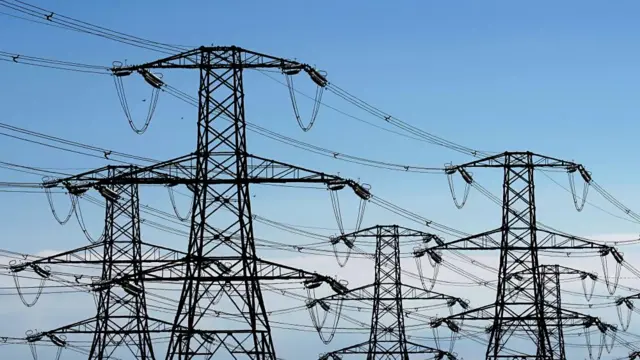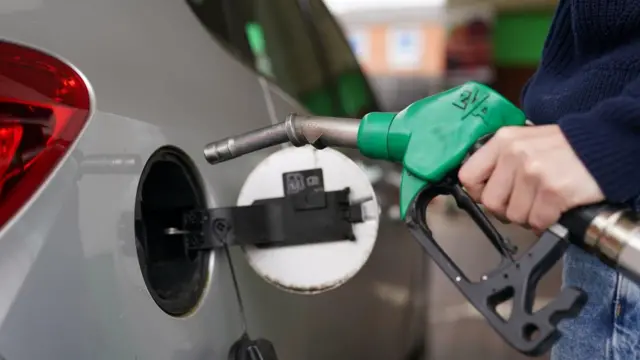Postpublished at 13:09 GMT 6 March 2024
The secretary for energy security and net zero is giving up to £120m more to the Green Industries Growth Accelerator, Hunt says.
This is to build supply chains for new technology such as offshore wind and carbon capture.
Hunt also announces £270 million to advanced manufacturing industries, to fund car and space innovation, to grow "zero emission vehicle and clean aviation technology".






